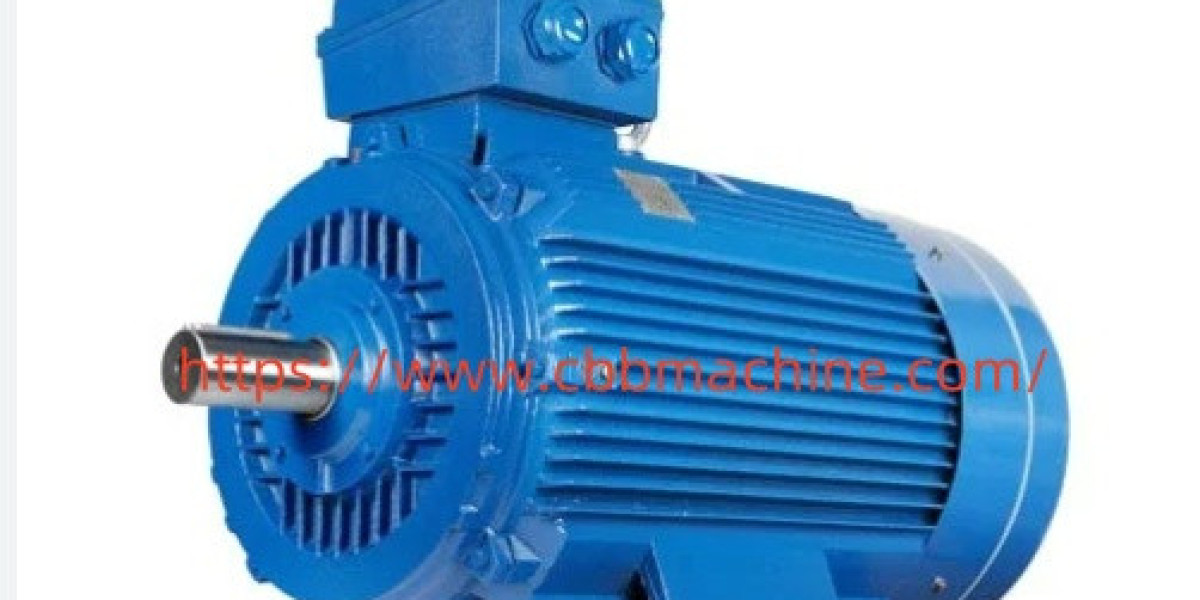In modern industrial automation systems, precision control and compact motor designs have increased the demand for efficient motion systems, especially those featuring an Electric Torque Motor that supports direct drive applications with enhanced responsiveness.
Unlike traditional motors that rely on gears and mechanical transmission elements, this motor type delivers torque directly to the load. This direct-drive functionality reduces backlash and simplifies the mechanical setup, making it a smart choice in sectors like robotics, CNC machinery, and printing presses. The motor's construction enables a higher torque-to-inertia ratio, improving system stability and dynamic performance.
A standout feature of this motor lies in its ability to maintain high torque output at low rotational speeds. This is especially valuable in precision applications where subtle adjustments are required without sacrificing force. The absence of mechanical reduction systems also means less wear and tear, leading to longer equipment lifespans and fewer maintenance interruptions.
Cooling methods further define the versatility of these motors. While some applications use natural convection for quiet environments, others employ liquid or forced-air cooling to enhance torque density. This flexibility allows manufacturers to choose configurations based on their system's space limitations and duty cycle requirements.
Industries ranging from packaging to semiconductor manufacturing benefit from these motors because of their low noise output and energy-efficient operation. The compact form factor is suitable for installations where space is at a premium. Moreover, the smooth motion capabilities help prevent micro-vibrations, which is critical for high-precision tasks like wafer handling or 3D printing.
Another notable advantage is improved control response. Since the motor eliminates intermediary gear stages, its responsiveness to electrical signals is faster. This ensures smoother starts, precise halts, and accurate adjustments during continuous operation. As manufacturing moves toward Industry 4.0, having reliable and responsive motors ensures better compatibility with advanced control algorithms and sensors.
Integrating this motor into your production line can also contribute to better sustainability. By minimizing mechanical loss and maximizing electrical-to-mechanical conversion, systems become more energy-efficient and environmentally friendly. Additionally, these motors are well-suited to modular automation setups, where flexibility and scalability are crucial.
In selecting the right model, engineers should consider factors such as torque output, speed range, cooling requirements, and integration ease. Evaluating duty cycles and peak loads will further help in selecting a motor that performs optimally without over-specification.
To explore more about their working principles, configurations, and applications in automation systems, visit https://www.cbbmachine.com/news/industry-news/electric-torque-motor-all-you-need-to-know-features-uses-and-more.html







